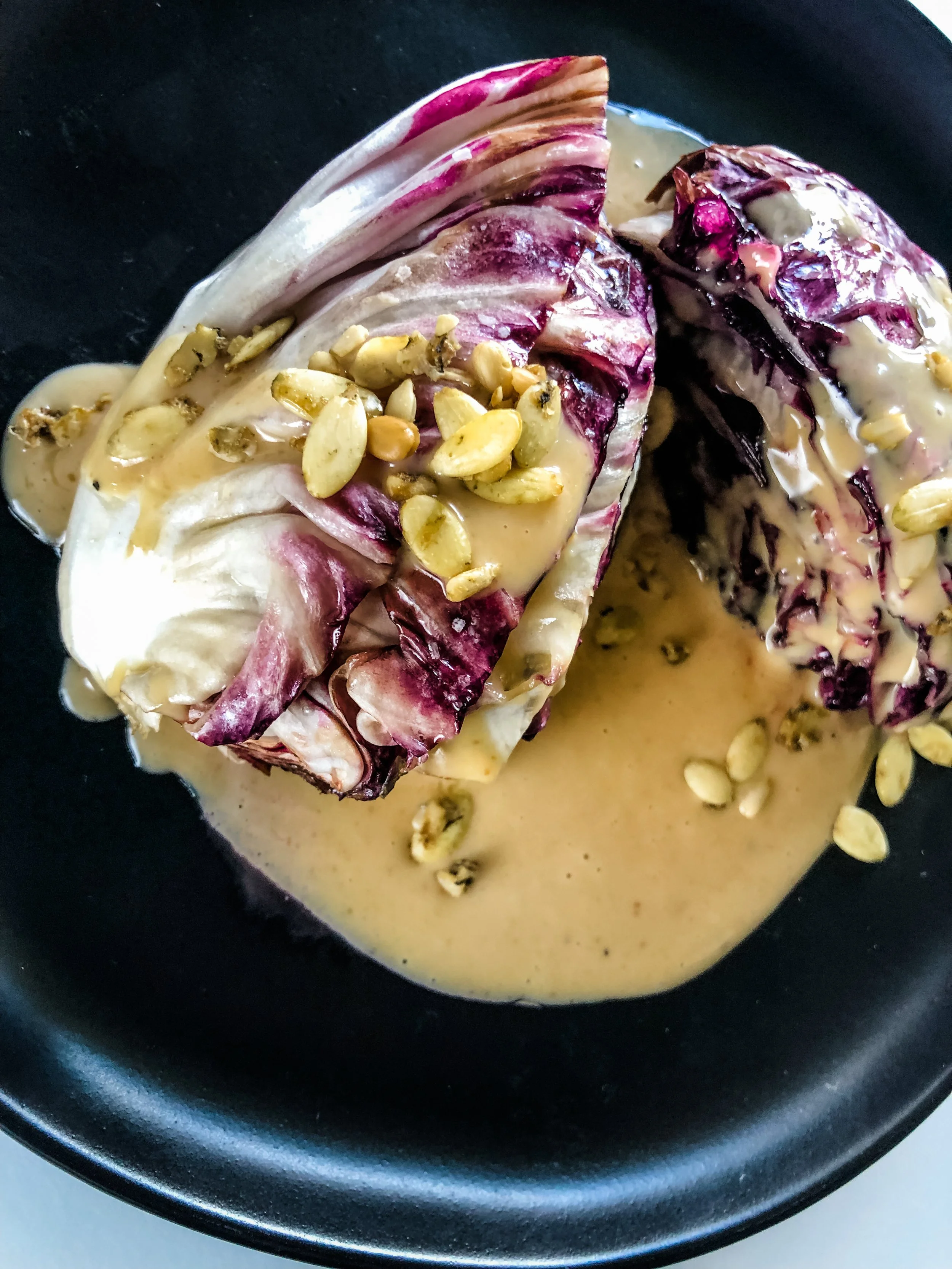Terroir of Soil: Artisan Cultivation Practices Grow the Best Tasting Vegetables
Terroir, pronounced [ter-wahr; French ter-war] literally refers to the character of the soil.
Regardless of whether you’re an enthusiastic home gardener or a small-scale commercial grower, the terroir of your soil greatly effects how your crops will taste. People actively involved in the farm-to-table movement understand that artisan cultivation practices like organic and biodynamic farming, where growers pay attention to the health and biodiversity of the soil, result in the very best tasting vegetables. The health of the soil from which the vegetable seed is grown imparts a unique quality and flavor that is specific to the growing site or plants' habitat.
The extent of terroir’s significance is debated vigorously in the wine industry, where soil health dictates the flavor and quality of the grapes. In the oyster industry, terroir effects the flavor of an oyster just as much as it does the flavor of a grape in the wine industry. With oysters, terroir refers to the characteristics of the water rather than the soil. Oysters take on the exact same salt level of the water they are in. Flavors come from the individual estuaries where they are grown, some have more fresh water, some have more mud flats, others are grown suspended in water — all different environments that contribute to the flavor of the oyster. You commonly see oysters marketed using their terroir, usually stated by which bay they were grown in.
The same is true for a vegetable’s soil environment. Is the produce deliciously sweet or rather bland and briny? Executive chefs know the flavor difference and they develop their own list of qualities they desire for their creations, and terroir affects these. Therefore, they covet close relationships with local organic growers who understand the terroir of their soil. Treating tomatoes or squash like they do grass-fed beef and wild fish, they have come to understand that food grown sustainably on healthy soils provides them the most flavorful vegetables that their customers deserve.
Following this logic, shouldn’t the source of the vegetable seed for which this circle begins also use artisan cultivation practices to find the best varieties under these conditions?
Here at Territorial Seed Company, all our land race breeding work, all our vegetable seed growing fields, and all the seed varieties we test for possible inclusion into our catalog must pass a test of top performance under these same artisan cultivation practices. We hold ourselves to these same high standards, not because we have to, but because we believe in them. We are farmers too, and we have seen the positive results that come with feeding the soil first.
Incorporating a cover crop of nitrogen-fixing vetch into the soil.
We invite you to follow Territorial Seed Company on our social media, go through the seasons with us, and see our on-farm programs for growing healthy soil. You’ll see and learn how we utilize composting, cover cropping, compost tea brewing, vermiculture, and much more. As a testament to our continued commitment to organic agriculture, our own London Spring Farms is distinctively dual certified—USDA organic by CCOF Certification Services LLC and Biodynamic® by Demeter USA. If you choose to grow our vegetable seed, you can be assured they’ve been grown and carefully selected for their utmost flavor and overall performance under the same artisan cultivation practices.
Bean seed crop next to our corn and sunflower trials. Prior to planting the beans and corn the field had a cover crop of Buckwheat worked into the soil, followed by our on-site brewed compost tea.
Author: Tom Johns





